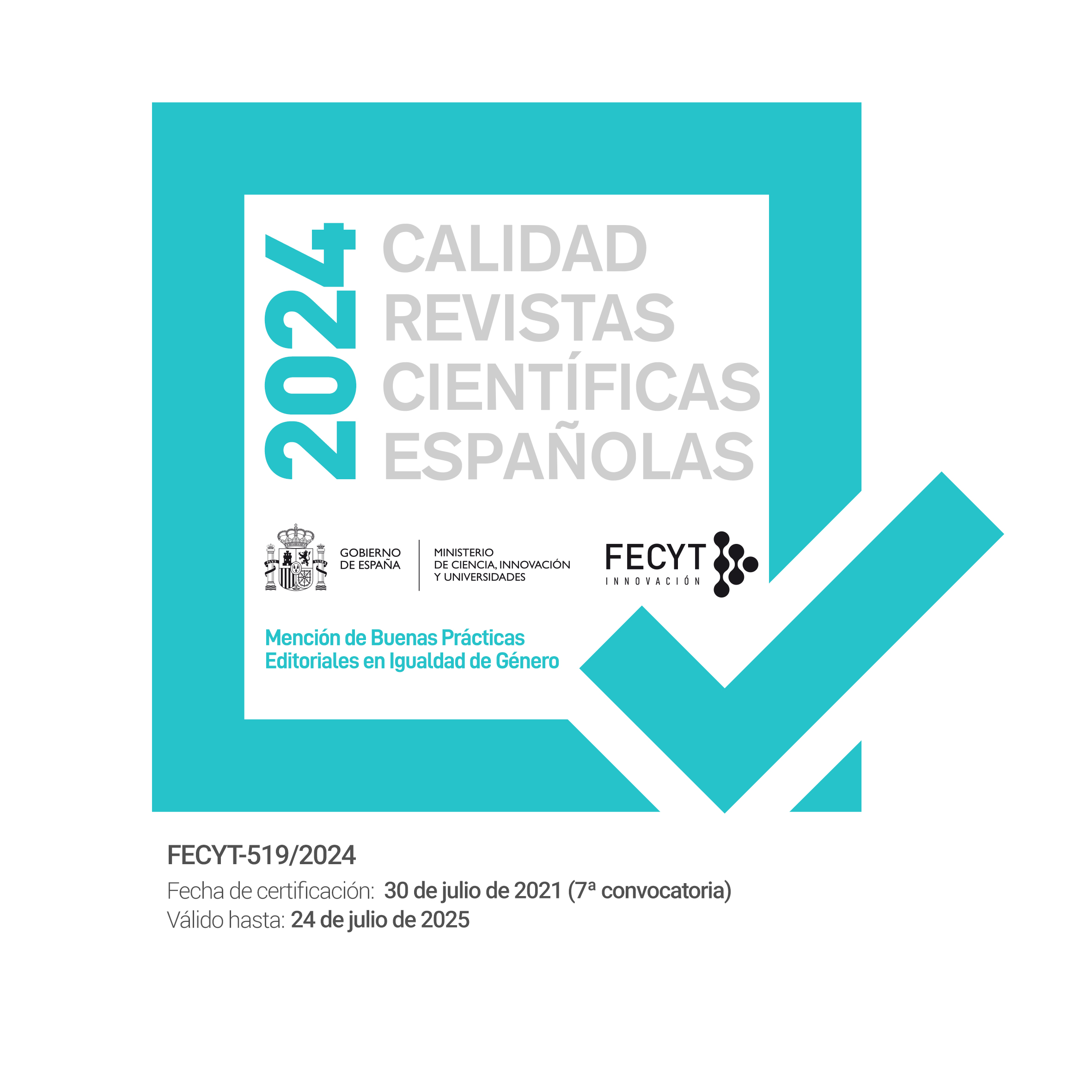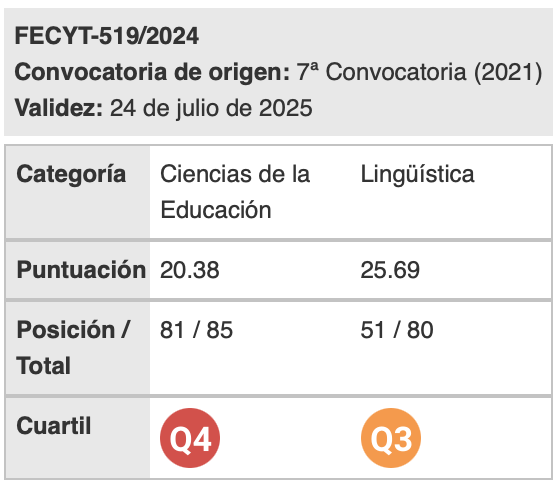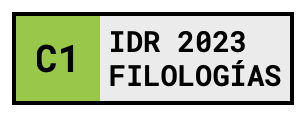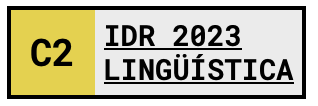Author stance in doctoral dissertations of native and non-native speakers of English: A corpus-based study on epistemic adverbs
Palabras clave:
academic writing, contrastive interlanguage analysis, epistemic adverb, stanceResumen
Academic writing is not just about conveying an ideational ‘content’, it is also about the representation of the self (Hyland, 2002, p. 1092). It allows writers ‘to gain credibility by projecting an identity invested with the individual authority, displaying confidence in their evaluations and commitment to their ideas (Hyland, 2002, p. 1092). Our study concentrates on the epistemic adverbs used in conveying author stance in academic English. The Contrastive Interlanguage Analysis (Granger, 1996) was run to three sets of corpora comprising doctoral dissertations written by native and non-native academic authors of English. Epistemic adverbs occurring in the dissertations were identified through a computer programme and their frequencies were separately computed for each corpus. Lastly, a log-likelihood test was administered to see whether there is a statistically significant difference across the groups in concern concerning the use of these adverbs.
DOI: 10.20420/rlfe.2015.0013
Descargas
Citas
Adams, H. & Quintana-Toledo, E. (2013). Adverbial stance marking in the introduction and conclusion sections of legal research articles”. Revista de lingüística y lenguas aplicadas 8, 13-22.
Alonso-Almeida, F. (2012). Sentential evidential adverbs and authorial stance in a corpus of English computing articles. RESLA. Revista española de lingüística aplicada, 25(1), 15-31.
Biber, D., Johanson, S, Leech, G., Conrad, S., & Finegan, E. (1999). Longman grammar of spoken and written English. London: Longman.
Biber, D. (2006). University language: A corpus-based study of spoken and written registers. Amsterdam: John Benjamins.
Can, C. (2012). Uluslararası Türköğrenici İngilizcesi derleminde tutum belirteçleri. Dilbilim Araştırmaları, 1, 39-53.
Conrad, S, & Biber, D. (2000). Adverbial making of Stance in Speech and Writing”. In S. Hunston & G. Thompson (Eds.), Evaluation in text (pp. 56-73). Oxford: Oxford University Press.
Granger, S. (1996). From CA to CIA and back: An integrated approach to computerized bilingual and learner corpora. In K. Aijmer, B. Altenberg, & M. Johansson (Eds.), Languages in contrast (pp. 37-51). Lund: Lund University Press.
Hyland, K. (2002). Authority and invisibility: authorial identity in academic writing. Journal of Pragmatics, 34, 1091-1112.
Hyland, Ken. (2005). Stance and engagement: A model of Interaction in Academic Discourse. Discourse Studies, 7(2), 173-192.
Kotrč, M. (2012). Adverbials in the language of the press. Bachelor Thesis, Masaryk University.
Molina, S. (2012). Nonverbal markers of modality and evidentiality in MarENG. Revista de lenguas para fines específicos, 18, 45-70.
Rozumko, A. (2008). An interdisciplinary approach to teaching grammar to prospective teachers of English. In K. Bogacki, B. Głowacka, & D. Potocka (Eds.), Interdisciplinary perspectives in foreign language teacher education (pp. 309-318). Białystok: Wydawnictwo Uniwersytetu w Białymstoku.
Rozumko, A. (2012). Speech-act adverbs in English and Polish: A cross-linguistic and cross-cultural comparison. Białostockie Archiwum Językowe, 12, 183-196.
Scollon, R. (1994). As a matter of fact: the changing ideology of authorship and responsibility in discourse. World Englishes, 13, 34–46.
Scott, M. (2012). WordSmith tools, v. 6. Liverpool: Lexical Analysis Software.
Wierzbicka, A. (2006). English: Meaning and culture. Oxford: Oxford University Press.
Descargas
Publicado
Cómo citar
Número
Sección
Licencia
Aquellos autores/as que tengan publicaciones con esta revista, aceptan los términos siguientes:
- Los autores/as conservarán sus derechos de autor y garantizarán a la revista el derecho de primera publicación de su obra, el cuál estará simultáneamente sujeto a la Licencia de reconocimiento de Creative Commons que permite a terceros compartir la obra siempre que se indique su autor y su primera publicación esta revista.
- Los autores/as podrán adoptar otros acuerdos de licencia no exclusiva de distribución de la versión de la obra publicada (p. ej.: depositarla en un archivo telemático institucional o publicarla en un volumen monográfico) siempre que se indique la publicación inicial en esta revista.
- Se permite y recomienda a los autores/as difundir su obra a través de Internet (p. ej.: en archivos telemáticos institucionales o en su página web) antes y durante el proceso de envío, lo cual puede producir intercambios interesantes y aumentar las citas de la obra publicada. (Véase El efecto del acceso abierto).

Revista de Lenguas para fines específicos is licensed under a Creative Commons Reconocimiento-NoComercial-SinObraDerivada 4.0 Internacional License.






















